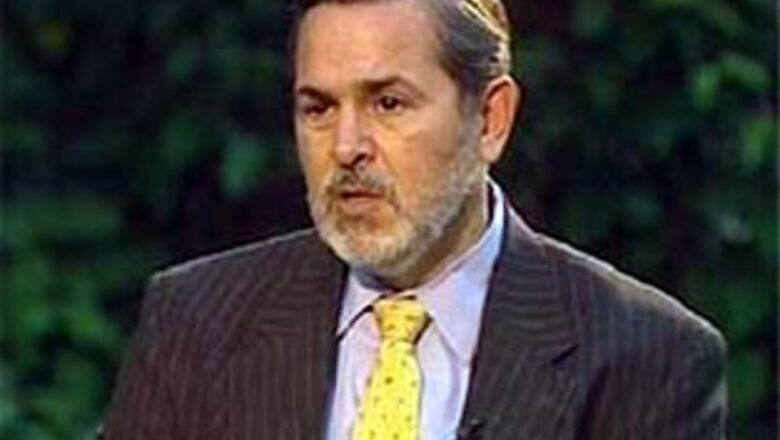
views
New Delhi: US Assistant Secretary, Richard Boucher met Foreign Secretary Shiv Shankar Menon and other senior officials in the Ministry of External Affairs on Tuesday morning.
Predictably, the Indo-US Nuclear Deal topped the agenda of the meeting.
Boucher's visit comes just three weeks before External Affairs Minister, Pranab Mukherjee's official visit to Washington.
Boucher sought to play down fears expressed by the Left and the BJP that the Hyde Act overrules the 123 Agreement.
He says the Hyde Act is only a domestic legislation in the US as oppossed to the 123 Agreement, which is an international agreement, and that both can go together.
Meanwhile, the Government told the Lok Sabha on Monday that it would not take the deal forward without political consensus.
"We will continue to seek broad political consensus within the country to take forward our political engagement with other countries," said External Affairs Minister Pranab Mukherjee while making a statement on foreign policy issues.
His statement was meant to reassure the Left Front, which has repeatedly threatened to withdraw support to the Government if it 'operationalised' the deal.
Mukherjee said the Government hoped to conclude negotiations with the International Atomic Energy Agency (IAEA) on an India specific safeguards agreement but did not indicate at what stage the negotiations are.
Sources in Vienna, the IAEA’s headquarters, indicate that India and the IAEA were close to an agreed text. Both sides are believed to have made considerable progress in the fifth round of talks that ended last Thursday.
If India and the IAEA have reached the last mile on the safeguards text, the UPA Government will then have to clear it from the Left parties. The text will then have to be approved by the IAEA Board of Governors.
The US will take the safeguards text to the 45-nation Nuclear Suppliers Group (NSG) for clearance. Concluding an agreement with the IAEA would enable the NSG to amend its guidelines for civil nuclear commerce in favour of India, said Mukherjee.
"This will open the door to civil nuclear cooperation with various countries, including Russia, USA, France, UK and other countries with many of whom the necessary enabling bilateral agreements for such trade have been discussed and are in various stages of finalisation."
Mukherjee said India’s its rights and obligations regarding civil nuclear cooperation came only from the bilateral 123 Agreement and not from the controversial Hyde Act.
"The Hyde Act is an enabling provision that is between the executive and the legislative organs of the US Government," he said.
"India's rights and obligations regarding civil nuclear cooperation with the US arise only from the bilateral 123 Agreement that we have agreed upon with the US," he said.




















Comments
0 comment